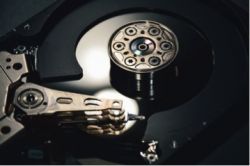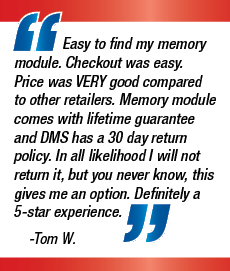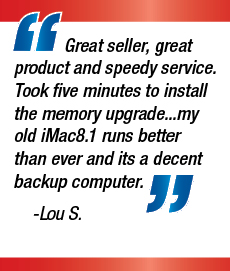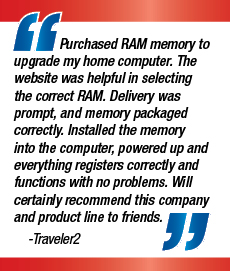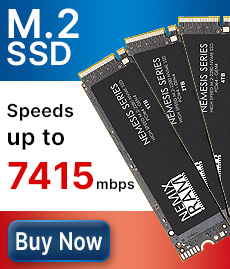Once upon a time, PC buyers had very little little choice about what kind of storage they wanted in their new device. The chances are if you bought an ultraportable laptop you will have had a solid-state drive (SSD) as the primary drive, whereas if you bought any other computer, you will usually have had a hard disk drive (HDD). Nowadays however you can configure your machine with either an HDD or an SSD at the drop of a hat. But how do you choose which one to go with?
HDD and SSD
HDD is the traditional spinning hard disc drive. Non-volatile storage, meaning its information doesn't disappear when you turn off the system, it is essentially a metal platter with a magnetic coating that stores data thanks to a read/write head on an arm which accesses the data while the platters are spinning. So whether this data is made up of films, music, documents or photos, it is all saved in the same way, securely.
An SSD on the other hand allows the data to be stored on interconnected flash memory chips. These chips are different to those used in USB thumb drives and are either permanently installed on the system's motherboard, on a PCI Express (PCIe) card, or in a box that's sized, shaped, and wired to slot in for a laptop or desktop's hard drive. SSDs are also faster and more reliable when it comes to retaining the data even when there's no power present.
Advantages and disadvantages
SSDs and HDDs essentially do the same job; they boot your system, store your files and hold on to applications. Yet each one does vary slightly.
The most notable difference is speed. An SSD-equipped computer will often boot in a matter of seconds, whereas a HDD usually requires time to speed up to operating specs so device boot up can take a long time. HDDs will also continue to be much slower than an SSD throughout its lifetime. A device with an SSD also launches and runs programs and transfers files faster.
Capacity is another talking point. SSDs usually reach 4TB capacity, although these are still rare. In general you’ll find SSDs up to around 1TB in everyday systems. 1TB HDDs on the other hand are common, with 6TB capacities being readily available.
Price is the word on everyone’s lips. SSDs are newer. As a result, they are more expensive than hard drives when looking at price per gigabyte. You’ll be able to pick up a SSD for the same price as a HDD, but it won’t have as great a memory. But as the average Joe doesn’t necessarily need a large memory capacity with them at all times, investing in a faster SSD, accompanied by an external hard drive, could be the way forward.
Have you caught the SDD bug? Browse our range available to purchase online now.
